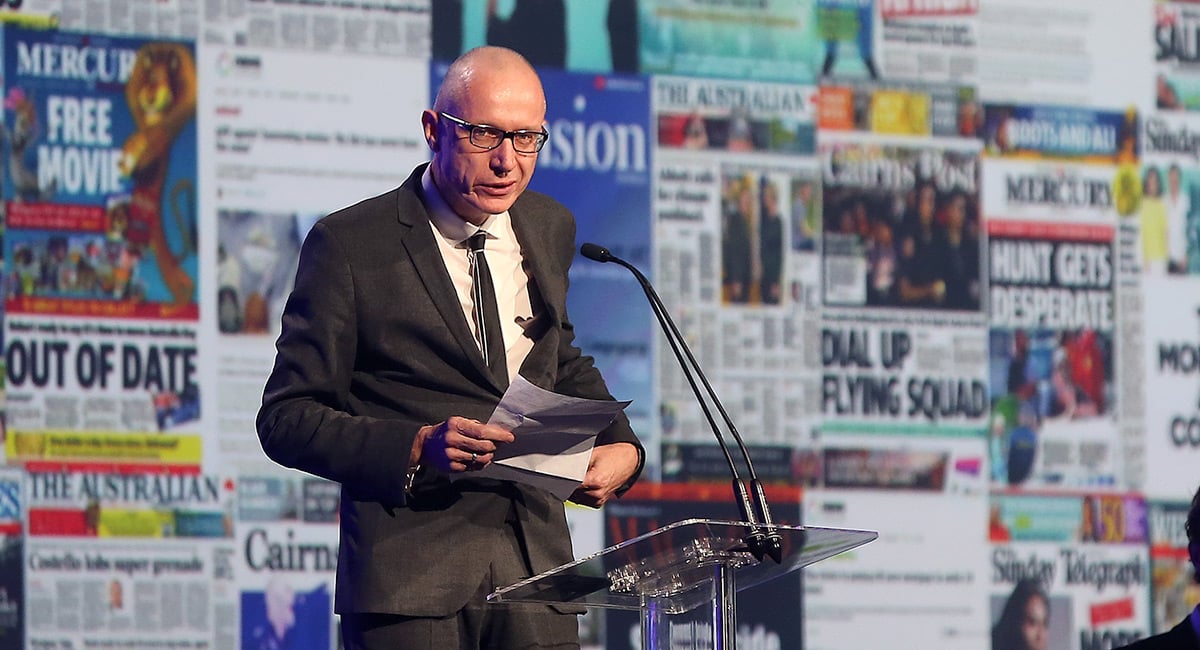Facebook and YouTube are guilty of publishing “pernicious” and “reprehensible” content because they refuse to invest to keep their sites safe, said News Corp CEO Robert Thomson yesterday. Thomson was speaking at Advertising Week in London and was quoted in the newspaper he formerly edited, The Times.
Thomson warned that social media users now struggled to differentiate between fact and fiction because they had been “socialised to accept” dubious content online.
Thomson said both Google and Facebook failed to help their users distinguish between credible and fake news.
“We have a world where it’s difficult to tell the difference between falsity and truth. It could have been different, but they didn’t want to invest in integrity.”
Thomson however credited Sundar Pichai, the Google chief executive, for taking steps to help subscription publishers. However, he said the Google-owned video website YouTube still hosted “pernicious” clips, including pirated and exploitative material.
Reporting from the same event, Digiday added:
Thomson: “[Alphabet and Facebook] have to be more compliant. They have been in a state of denial, particularly Facebook. Mark [Zuckerberg] finds it very difficult to say ‘publisher’, but he is a publisher, and a lot of what they are publishing is reprehensible.”
Speaking about the News Corp business model, Digiday said:
Building successful advertising and subscription models is difficult to do well: People who pay for subscriptions are often put off if they still see ads. News UK’s subscription revenue is increasing while its print ad revenue declines, but in its most recent earnings call, Thomson said the UK newspaper operation had its first quarter of advertising growth in 27 quarters. The publisher is learning how subscriptions and advertising can work together.
The comments came just two days after the launch of the Google News Initiative.
Prior to the official Google News Initiative launch, Mediaweek had the chance to speak with Google VP of news Richard Gingras about the company’s relationship with News Corp and how it felt about the criticism it has been copping.
“We realise we play a significant part in the [news] ecosystem. That means at times we will be criticised and it is up to us to address that as best we can.
“We would much rather work together than exchange criticisms in the press, which is not terribly productive from our perspective.”
Gingras said everybody needs to understand the marketplace for information has changed. “The printing press is now in everyone’s hands. None of us use the local newspaper like we did 40 years ago.”
Gingras noted nobody should know that better than News Corp. “No one in Australia goes to The Australian for real estate listings. They go to a real estate listings site, which News Corp owns.”
When asked if there were publishers Google was not able to talk to, Gingras replied:
“We are engaging with everyone. We have been working very closely with every major publisher in the world. We are working very closely with News Corp and we will continue to work closely with News Corp.”
